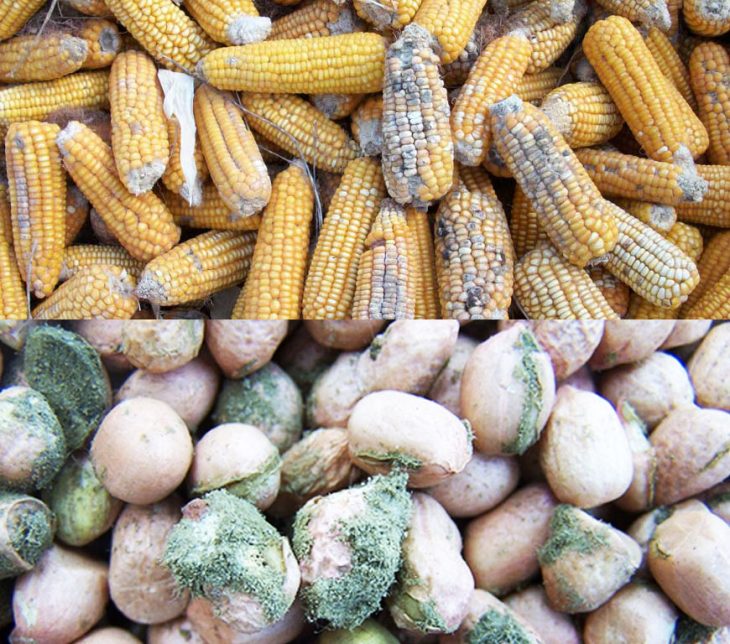
Tackling Aflatoxin: Revolutionizing Malawi’s Trade and Economic Growth
Key Business Points
- Aflatoxin reduction: The International Institute of Tropical Agriculture (IITA) has introduced a biological solution, Aflasafe MW-MZ01, which can reduce aflatoxin levels in crops by up to 90 percent, potentially increasing export earnings for Malawian farmers.
- Export market opportunities: By using Aflasafe MW-MZ01, Malawian farmers can produce crops that meet the standards of premium export markets in the United Kingdom and European Union, commanding prices up to twice as high as local market prices.
- Economic benefits: The adoption of Aflasafe MW-MZ01 can help Malawi reduce its estimated annual loss of $88 million due to market rejections linked to unsafe levels of aflatoxin, and increase its foreign exchange earnings.
The introduction of Aflasafe MW-MZ01 is a significant development for Malawi’s agriculture sector, which contributes about 25 percent to the country’s gross domestic product. According to IITA country representative Sika Gbegbelegbe, the solution introduces non-toxic strains of aspergillus flavus that outcompete harmful variants, reducing aflatoxin levels in crops. This is particularly important for crops such as groundnuts, which can command prices up to seven pounds (about K17,000) per kilogramme in premium export markets.
The Anchorage Group, a key distributor of Aflasafe MW-MZ01 in Malawi, is promoting the solution among local farmers. The company’s chief executive officer, Davy Jambo, highlighted the economic toll of aflatoxin contamination, citing a 2017 report from the African Union that estimated Malawi loses about $88 million annually due to market rejections linked to unsafe levels of aflatoxin. Jambo emphasized the need for a comprehensive and multi-faceted approach to quality assurance, as global markets tighten their food safety regulations.
Kusinthika kwa kanthu (improving the situation) requires increased government intervention and collaboration with private sector partners, according to agricultural development policy expert Tamani Nkhono Mvula. He noted that Malawian products have been rejected on the global market due to aflatoxin levels, resulting in significant losses for farmers and the economy. The National Smallholders Farmer Association of Malawi (Nasfam) has welcomed the introduction of Aflasafe MW-MZ01, saying it will help support farmers in controlling aflatoxin and producing safer harvests that meet safety standards.
The World Bank estimates that unsafe food costs low and middle-income countries about $95 billion annually in productivity losses. By adopting Aflasafe MW-MZ01, Malawian farmers can increase their chances of accessing premium export markets, kugwira ntchito (creating jobs) and generating foreign exchange earnings. As the country’s agriculture sector continues to play a vital role in the economy, the introduction of Aflasafe MW-MZ01 is a timely and positive development that can help kulima malo (farming well) and improve the livelihoods of farmers.
What are your thoughts on this business development? Share your insights and remember to follow us on Facebook and Twitter for the latest Malawi business news and opportunities. Visit us daily for comprehensive coverage of Malawi’s business landscape.
- Kanyika Niobium Mine Breaks Ground: Fuelling Malawi’s Business Growth - February 12, 2026
- RBM Tightens Grip: K145bn Treasury Decision Impacts Malawi’s Economic Landscape - February 11, 2026
- Malawi Entrepreneurs: Scale Your SME, Strengthen the Economy - February 10, 2026
